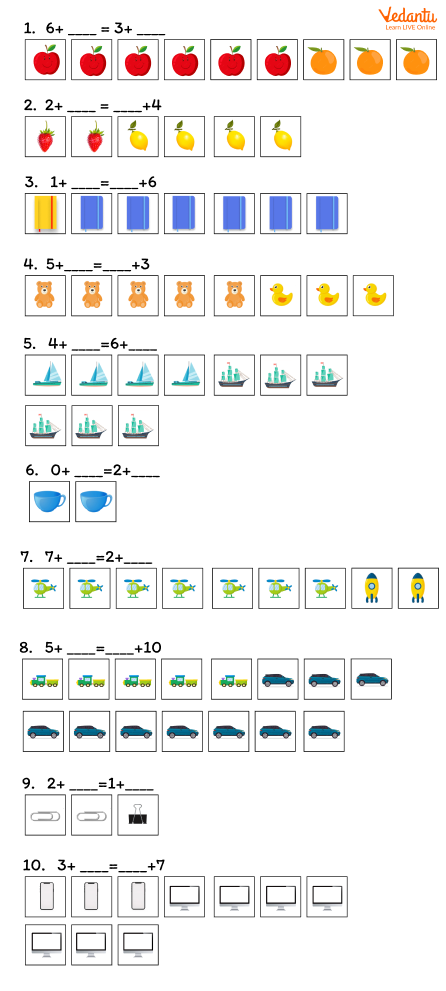




Why Does the Commutative Property Matter in Math?
Do you Know What is Meant by Commutative Property in Maths?
Are you someone who loves maths? If it's a yes, you are going to love it even more and even if it’s a no, you are going to love the subject. Why? Because maths is full of magic and you are going to learn this magic now. Don’t you love magic? Don’t you want to be a magician? So, why are we waiting? Let’s start.
In English, “Commute” means to travel. Wondering why we are talking about English in a maths topic? That’s because the commutative property is also the same. Confused? Okay, let’s understand in a simple way. Commutative property in maths means that interchanging the order of the numbers does not change the result. So, the commutative property of addition states that if the order of the numbers are interchanged while doing addition, the results remain the same. Let’s have a look at the examples.
Examples of Commutative Property of Addition

Also,

So, commutative property in addition means

In number, it will be
3 + 2 = 2 + 3.
Rhyme on Commutative Property of Addition
Here is a rhyme to understand the commutative property of addition in a better and rhythmic way.
“When adding numbers two or more,
Change the order, you will still score!
Don’t let adding in order be the aim,
Because the sum will just be the same!”
Exercise on Commutative Property of Addition
It’s time for exercise.
Solve the following:

Conclusion
So how was the magic? Did you enjoy learning it? If you have liked it, there is a lot more to explore. You can tell your parents to explore more on our website and enjoy learning. Believe me, you will never be disappointed!
FAQs on Commutative Property of Addition: Definition & Examples
1. Can we explain commutative properties of addition through examples of real life?
Yes, commutative properties of addition can be explained through the examples of real life. One such example is:
Suppose you have 3 chocolates. I will give you 4 more chocolates. So you will have 7 chocolates in total. On the other hand, if you have 4 chocolates and I give you 3 more, the result will still be the same. So, adding 3 to 4 or 4 to 3 is the same thing.
2. Does commutative property apply only to addition?
No, commutative property applies to addition and multiplication. Subtraction and division do not have commutative property.
3. What are the other properties of addition?
Addition has three main properties.
Commutative Property - This states that the interchanging of the order of the numbers does not change the result.
Associative Property - This property states that changing the grouping of the addends does not change the result.
Identity Property - This property states that the sum of any number and 0 is the number itself.

















